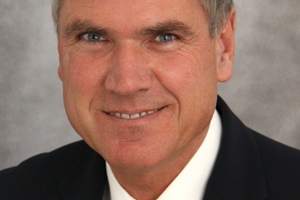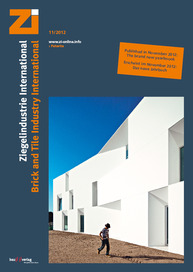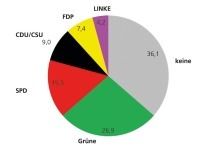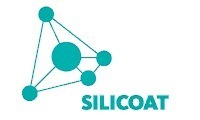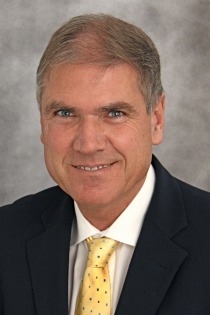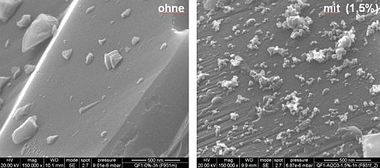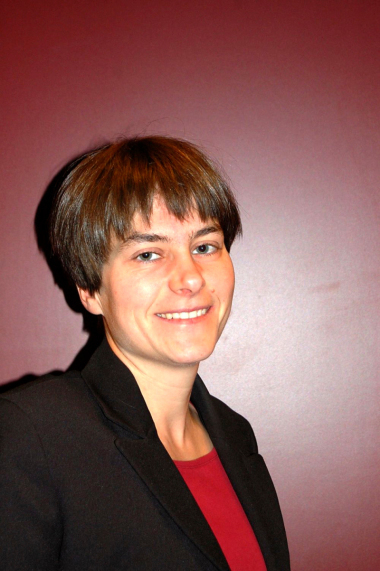Following a few years’ respite, the subject of respirable silica dust is back on the agenda of the Würzburg Brick and Tile Training Course. There are several reasons for this. First, a European research project (SILICOAT) has been initiated, which focuses on how the health hazard for employees in the ceramics industry can be further reduced by means of treatment of the respirable crystalline silica. In a previous research project (SILICERAM) it was shown that the silica dust in the various branches of ceramics has a different effect on cell cultures. A coating with an aluminium compound, as...

